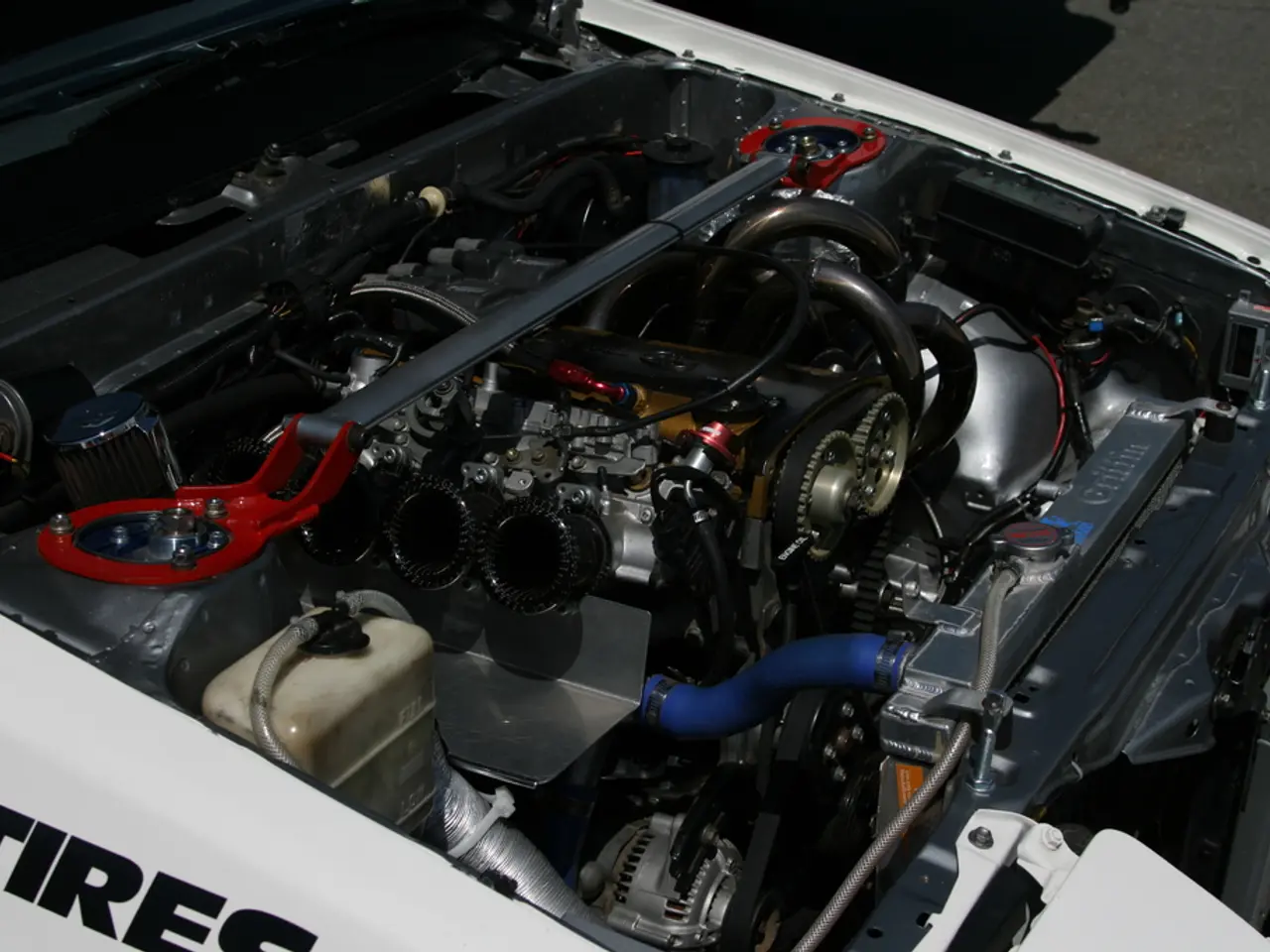Recycling Electric Vehicle Batteries: Redwood Materials and GM Plan to Satisfy Data Centers' Escalating Energy Needs with Repurposed Battery Units
### Title: GM and Redwood Materials Collaborate to Expand Battery Technology and Address Growing Energy Demand
In a strategic move to address the growing electricity demand and the need for domestic energy storage solutions, General Motors (GM) and Redwood Materials have announced a new collaboration. This partnership aims to strengthen America's energy and manufacturing independence by accelerating the deployment of energy storage systems.
Redwood Materials, founded by Tesla co-founder JB Straubel in 2017, specializes in collecting, recycling, refining, and remanufacturing battery materials. The company's focus is on creating a closed-loop domestic supply chain for batteries. In June 2021, Redwood launched Redwood Energy, a business dedicated to deploying fast, low-cost energy-storage systems using both used EV packs and new modules.
Under the non-binding memorandum of understanding, GM and Redwood Materials will work together to leverage both new U.S.-manufactured batteries from GM and battery packs repurposed from GM electric vehicles. This collaboration is expected to be a significant step towards expanding GM's battery technology beyond electric vehicles.
The initiative is a direct response to the surging electricity demand in the U.S., driven in part by AI data centers, electrified transport, and industry. Data center energy consumption alone is projected to triple from 4.4% in 2023 to 12% by 2028, underlining the urgency for reliable, scalable energy storage. The flexibility of using both new and second-life batteries makes these systems particularly suitable for backup power applications, including support for AI infrastructure and critical grid operations.
GM’s repurposed EV batteries are already being used in Redwood’s 12MW/63MWh installation in Sparks, Nevada, which is currently the largest second-life battery project in the world and the largest microgrid in North America. This microgrid supports Crusoe, an AI infrastructure company, showcasing how the partnership is already contributing to commercial energy needs for high-growth sectors.
Kurt Kelty, VP of batteries, propulsion, and sustainability at GM, emphasized that the U.S. needs energy storage solutions that can be quickly deployed, economically, and made domestically to meet the growing electricity demand. He stated that electricity demand is accelerating rapidly due to AI and the electrification of various sectors, including transportation and industry.
Energy storage forms a key building block for the clean energy transition, as it helps to manage the intermittent nature of renewable energy sources like wind and solar, and ensures energy is not wasted as demand on the grid grows. By accelerating the deployment of large-scale energy storage systems, GM and Redwood Materials are not just improving transportation—they are actively shaping the future of U.S. energy resilience through innovative, large-scale battery storage systems.
The collaboration between General Motors and Redwood Materials, rooted in science and environmental-science, is an intentional stride towards the energy transition, aiming to expand battery technology and address the growing electricity demand. This partnership in technology, leveraging both new and repurposed batteries from GM electric vehicles, is anticipated to significantly advance GM's battery technology, also serving as a crucial component for the reliable, scalable energy storage systems vital for climate-change mitigation efforts.




